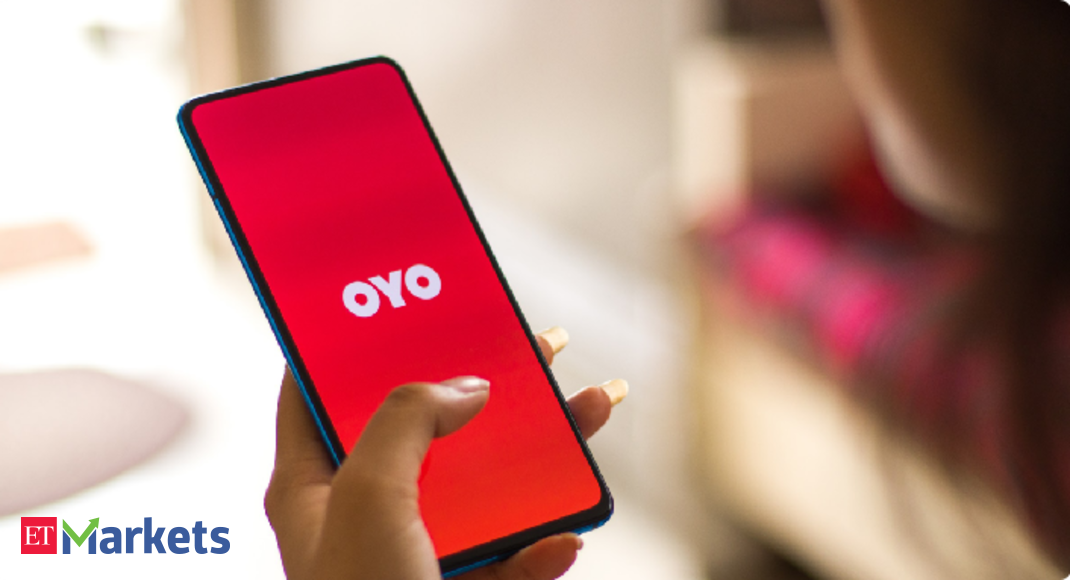The board of Oyo, formally known as Oravel Stays Ltd., talked through a change in the offering’s timing during multiple meetings last week and earlier this week after consulting with its bankers and investors, said the people, asking not to be identified because the decisions aren’t yet public. If the company picks up the process again by year end, the earliest possibility for an IPO would be in 2023, they said.
The Gurgaon-headquartered company, which filed preliminary IPO documents last year, is seeking regulatory permission to update its draft prospectus with fresh financial information after the close of the September quarter, said the people. Its bankers, led by Kotak Investment Banking, have filed the request with the Securities and Exchange Board of India, the people said.
The decision could make Oyo’s IPO a high-profile casualty from a global downturn in the technology industry. With inflation fears rising, lingering Covid-19 infections and the war in Ukraine, investors have roiled markets and pulled back from risky investments. The tech-heavy Nasdaq index has tumbled 26% this year.

An IPO delay would also mark another setback for Oyo and founder Ritesh Agarwal, once celebrated for their vision of changing the hotel and lodging industry by backers like SoftBank Group Corp founder Masayoshi Son. SoftBank holds about 47% stake in the startup, while the 28-year-old chief executive officer owns about one third.
Oyo has yet to hear back from the securities regulator on its request, but indications are that it will get a response either late this week or next week, said one of the people. Oyo filed its preliminary document, the so-called Draft Red Herring Prospectus or DRHP, for a $1.1 billion IPO in September last year, and about eight months have since lapsed without the IPO being cleared.
If it gets a green light from the regulator, the startup will seek to file as an addendum five or six pages of financials for the fiscal year that ended in March, as well as for the six months through September, said the people. The updated financial results are likely to be more representative of Oyo’s current business as travel has picked up.
Oyo was started in 2013 by Agarwal, then 19, who dropped out of college to travel around the country. The startup began to work with small hotels to standardize everything from bed linen to bathroom shower fittings that it then branded with its bright red & white Oyo logo.
With backing from high-profile investors such as SoftBank and Lightspeed Venture Partners, it expanded in Southeast Asia, China, Europe and the U.S. as it signed on hotel partners with agreements of guaranteed returns.
During the pandemic, Agarwal was forced to overhaul the startup’s business model. Oyo fired thousands of employees, stopped providing hotel vendors any guaranteed returns or capital to refurbish their properties. He described the shift as a transition to an “asset light” model.
In a sign that the effects of the pandemic were ebbing and travel was returning after curbs were relaxed, Oyo said in a statement that it had received over 800,000 bookings during the week of April 11. It expected demand to rise an average 60% in the coming days, the startup said.

